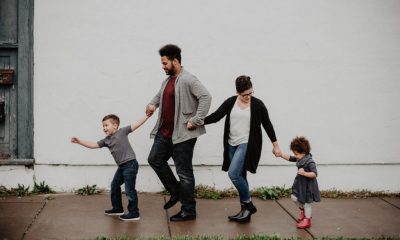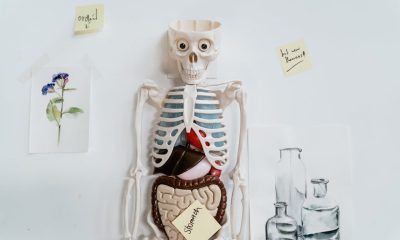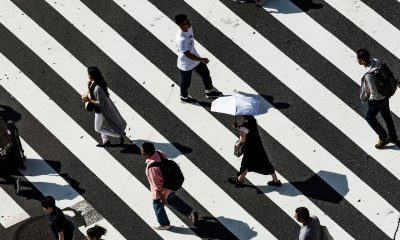Canada News
Ontario auto insurance reforms offer no real “choice” for low-wage workers

Motor-vehicle accidents are the top way people become injured in the province. So why is the government making income-replacement coverage optional? (Pexels Photo)
When the Ontario government released its 2024 budget at the end of March, it included few new affordability measures for individuals.
However, one key change was highlighted as a consumer-relief measure: the option to opt out of income-replacement benefits coverage under auto insurance, which had previously been mandatory.
This is a win for big insurance companies but it will have severe consequences for low-income families and low-income workers who become unable to work as a result of an auto accident.
Most low-income workers – who often work in part-time, temporary and precarious jobs – will choose cheaper insurance without income-replacement benefits because they are already struggling to pay their bills amid a housing crisis, record inflation and increasing underemployment.
However, the choice to opt out means those workers will have to depend on inadequate public benefits instead of insurance income-replacement benefits if they are injured in an auto accident.
The government should rethink this change and ensure that Ontario’s auto insurance system is designed to replace income fairly and quickly for those injured in an auto accident so they can get back on their feet as soon as possible.
It’s an issue that affects a large number of Ontario residents. Almost 23,000 people were injured or killed by a motor vehicle in the province in 2022.
Workplace insurance not available to all
Drivers and passengers who are lucky enough to have short- or long-term disability policies through their workplaces may be able to opt out and still be able to access some level of private income replacement.
But these people are likely full-time, salaried workers in permanent jobs. In 2018, only 48 per cent of Canadians had disability coverage through workplace benefits, so many low-income workers do not have this option through work.
If they opt out and get injured, they will lose access to non-taxable income-replacement benefits up to $400 per week.
Except for the week immediately following the collision, income-replacement benefits through auto insurance are available for 104 weeks as long as the injured person is unable to do their job.
After this period, income-replacement benefits are still available for those who suffer “a complete inability to engage in any employment or self-employment for which the person is reasonably suited by education, training or experience.”
Under the new government approach, injured workers who opt out and get injured will have no choice but to apply for whichever public benefits are available – likely first applying for employment insurance (EI) sickness benefits, the Canada Pension Plan disability benefits or social assistance.
These programs may pay much less than auto insurance income-replacement benefits and are available in some cases only for permanent injuries.
It’s essential to protect income
Compared to non-taxable income-replacement benefits provided by insurance, public benefits are much less sufficient to support an injured person in both the short and long term.
Ontario Works rates max out at $733 per month for an individual, and access comes with a host of complicated clawback formulas for both the individual and their immediate family.
Low-income workers often do not have savings for emergencies and even if they do, Ontario’s social assistance programs essentially require that individuals use most of their savings before social assistance can be accessed.
Ontario social assistance doesn’t meet basic human needs
A new voluntary EI program would bring more workers under safety net
Filling the gap in employment insurance for self-employed and gig workers
Motor-vehicle accidents don’t happen only to drivers and passengers. All pedestrians and cyclists in Ontario who are involved in accidents now have access to accident insurance benefits through their own auto insurance policy or, if they do not have an insured vehicle, from the insurance policy of the vehicle involved in the accident.
However, pedestrians and cyclists are also going to lose as a result of this change. If they don’t have a vehicle of their own and are injured by a motor vehicle, they will have no opportunity to choose income-replacement benefits coverage.
The best way to keep people from landing in poverty due to an unexpected medical emergency such as an auto accident is to ensure their income is not disrupted and that they can financially survive while they try to recuperate.
Unfortunately, this policy change will create windfall profits for insurers, while many low-wage workers will be forced unfairly to turn to inadequate taxpayer-funded public benefits.
This article first appeared on Policy Options and is republished here under a Creative Commons license.





















